Sunspire Health Florida - White Sands of Hyde Park

Overview
Sunspire Health Florida - White Sands of Hyde Park is an accredited substance abuse treatment center that provides outpatient treatment for men and women between 18 and 65+ years of age. As part of their special programs, Sunspire Health Florida - White Sands of Hyde Park treats clients with co-occurring mental and substance use disorders, veterans, and active duty military. To help patients achieve sobriety, Sunspire Health Florida - White Sands of Hyde Park provides intake assessments. Afterward, patients receive cognitive behavioral therapy, telemedicine/telehealth therapy, and substance use disorder counseling during treatment. Sunspire Health Florida - White Sands of Hyde Park is located in Tampa, Florida, providing treatment for people in Hillsborough County, accepting cash or self-payment, state-financed health insurance plan other than medicaid, and private health insurance.
Sunspire Health Florida - White Sands of Hyde Park at a Glance
Payment Options
- Cash or self-payment
- State-financed health insurance plan other than Medicaid
- Private health insurance
- Federal military insurance (e.g., TRICARE)
- IHS/Tribal/Urban (ITU) funds
Assessments
- Screening for tobacco use
- Comprehensive mental health assessment
- Comprehensive substance use assessment
- Interim services for clients
- Outreach to persons in the community
Age Groups
- Seniors or older adults
- Young adults
- Adults
Ancillary Services
- Case management service
- Suicide prevention services
- Domestic violence services, including family or partner
- Early intervention for HIV
- Mental health services
Highlights About Sunspire Health Florida - White Sands of Hyde Park
7.40/10
With an overall rating of 7.40/10, this facility has following balanced range of services. Alcohol Rehabilitation: 8.00/10, Drug Rehab and Detox: 7.54/10, Insurance and Payments: 6.00/10, Treatment Options: 8.06/10.-
Treatment Options 8.06
-
Alcohol Rehabilitation 8.00
-
Drug Rehab and Detox 7.54
-
Insurance and Payments 6.00
Accreditations
State department of health:

Government agencies issue State Licenses, granting permission to rehabilitation organizations to conduct their business operations lawfully within specific geographic regions. Generally, the particular rehabilitation programs offered by a facility and its physical location dictate the necessary licenses needed for legal operation.
The Joint Commission:

The Joint Commission, previously known as JCAHO, is a nonprofit organization that accredits rehabilitation organizations and programs. Established in 1951, its mission is to enhance the quality of patient care and showcase excellence in healthcare delivery.
Treatment At Sunspire Health Florida - White Sands of Hyde Park
Treatment Conditions
- Alcoholism
- Substance use treatment
Care Levels
- Outpatient
- Outpatient methadone/buprenorphine or naltrexone treatment
- Outpatient day treatment or partial hospitalization
- Aftercare
- Halfway house
Treatment Modalities
- Cognitive behavioral therapy
- Telemedicine/telehealth therapy
- Substance use disorder counseling
- Trauma-related counseling
- Smoking/vaping/tobacco cessation counseling
Ancillary Services
Languages
- Sign language services for the deaf and hard of hearing
Additional Services
- Pharmacotherapies administered during treatment
- Mentoring/peer support
- Breathalyzer or blood alcohol testing
Special Programs
- Clients with co-occurring mental and substance use disorders
- Veterans
- Active duty military
- Members of military families
- Criminal justice (other than DUI/DWI)/Forensic clients
Get Help Now
Common Questions About Sunspire Health Florida - White Sands of Hyde Park
Contact Information
Other Facilities in Tampa
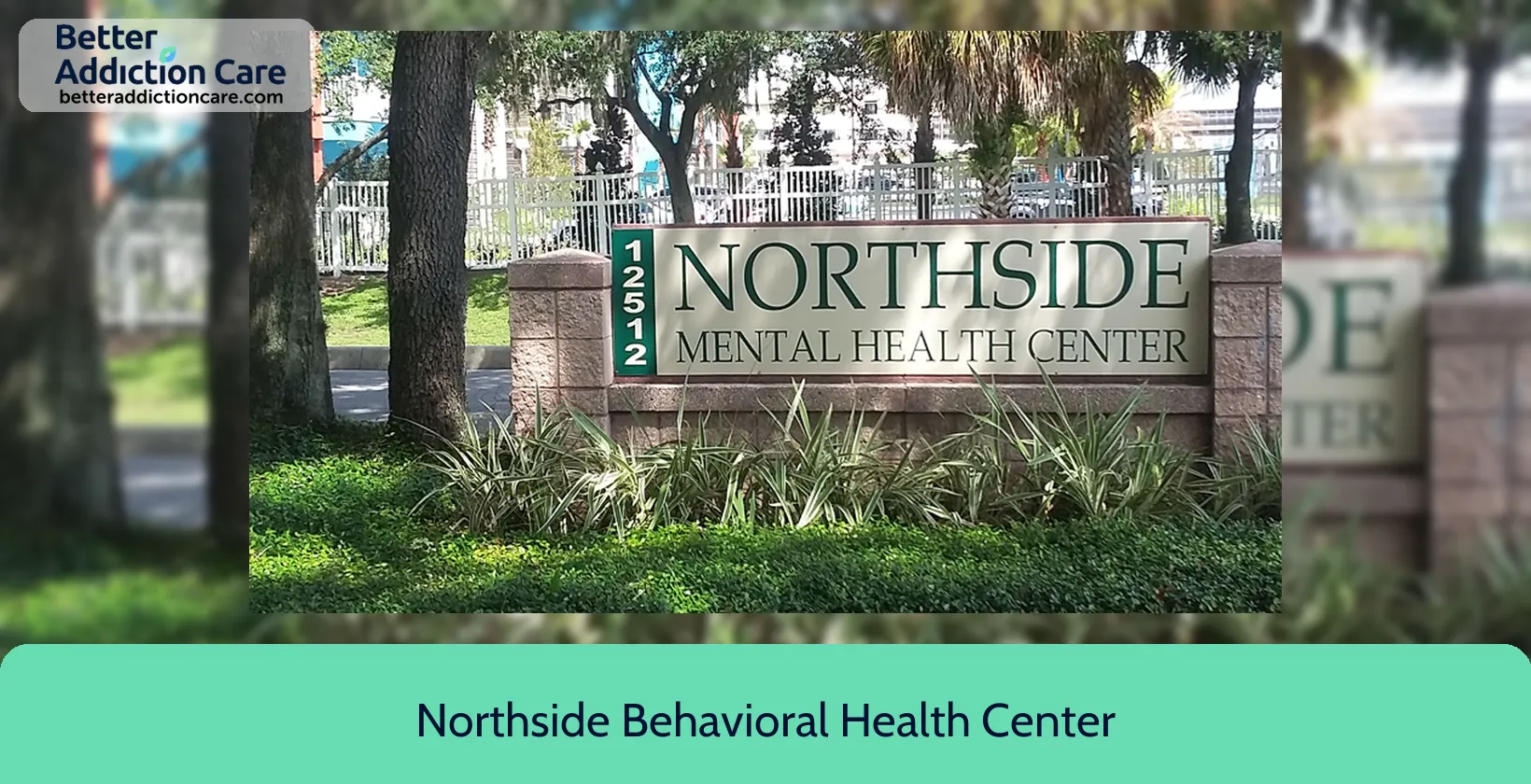
6.65
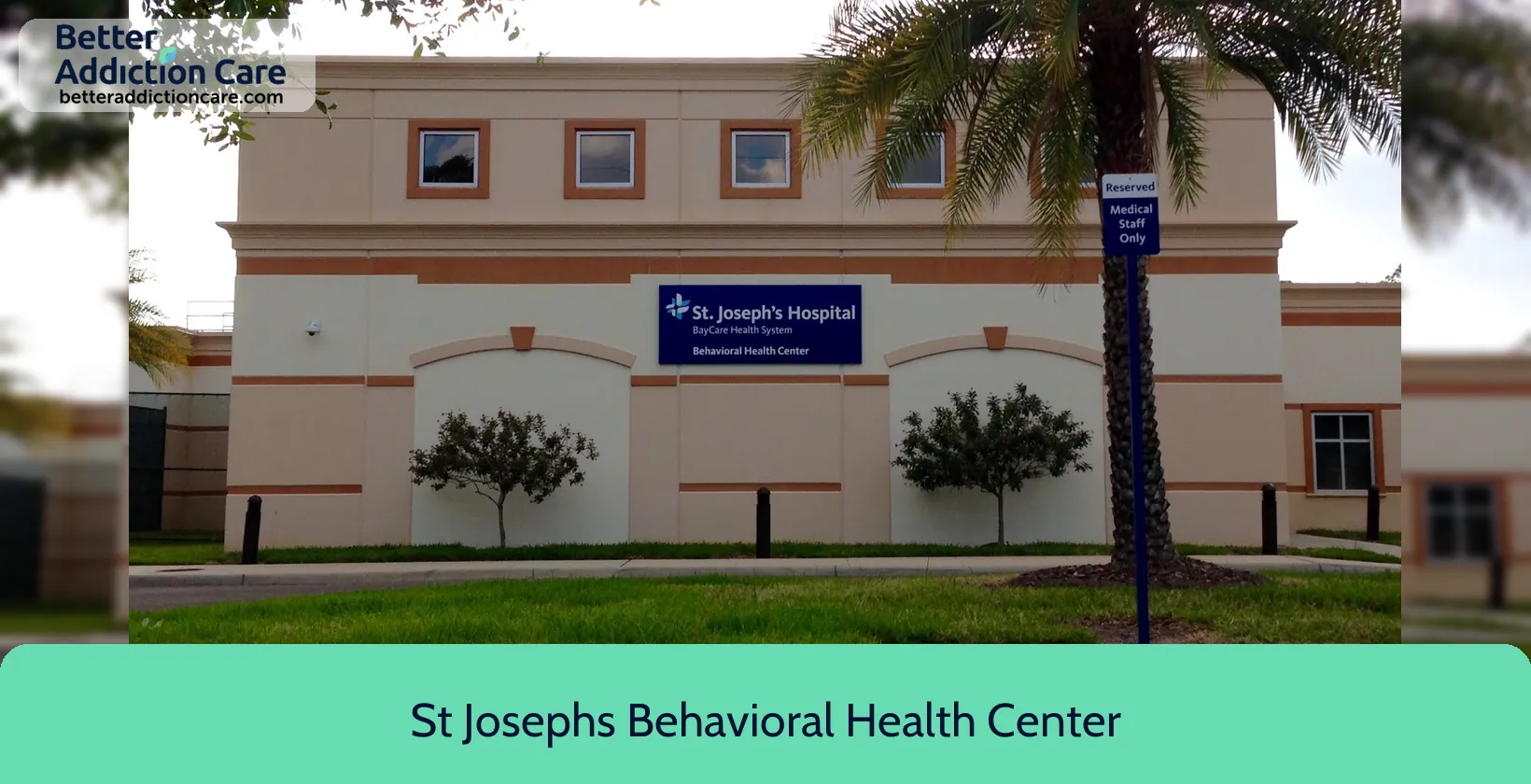
6.56
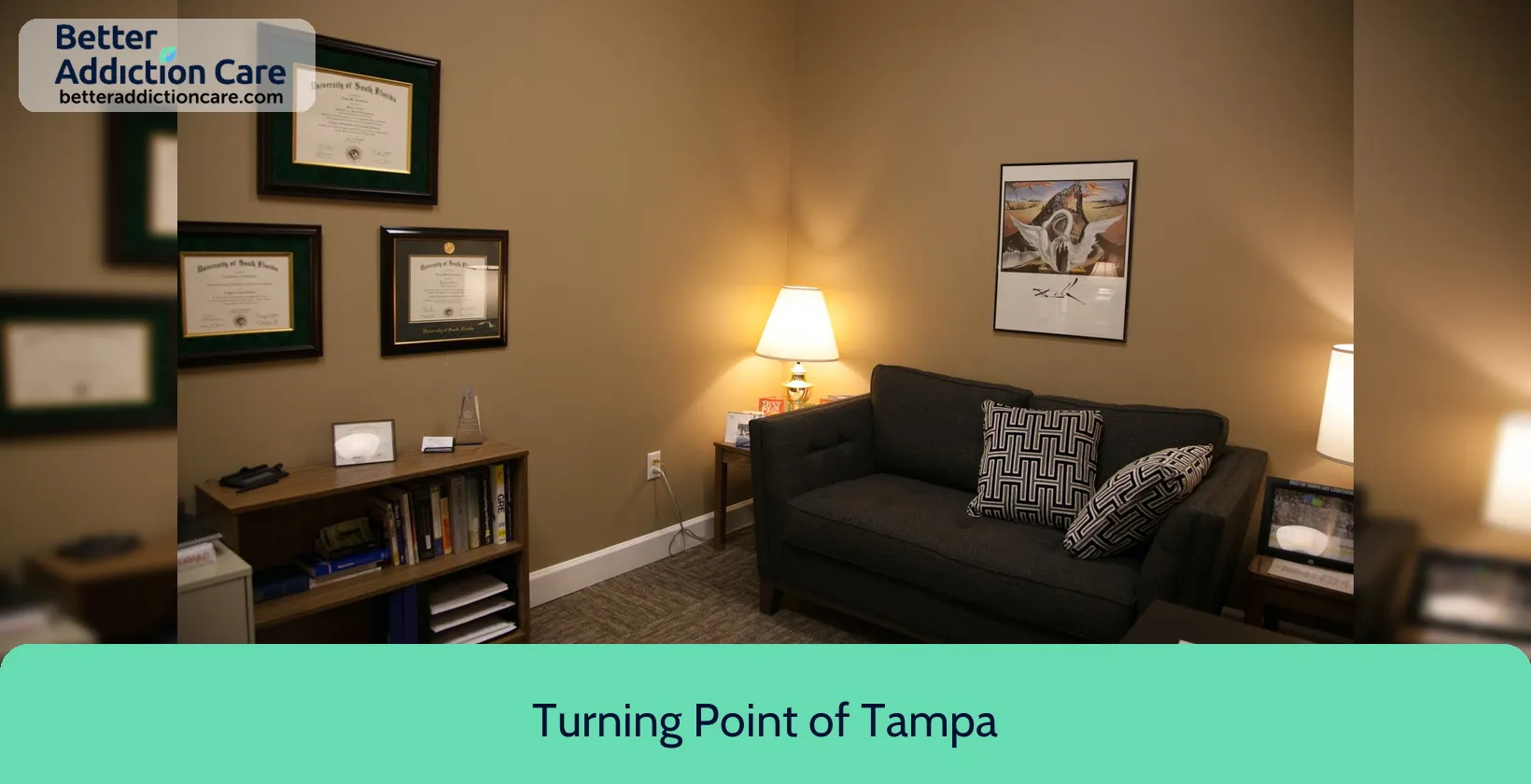
7.08
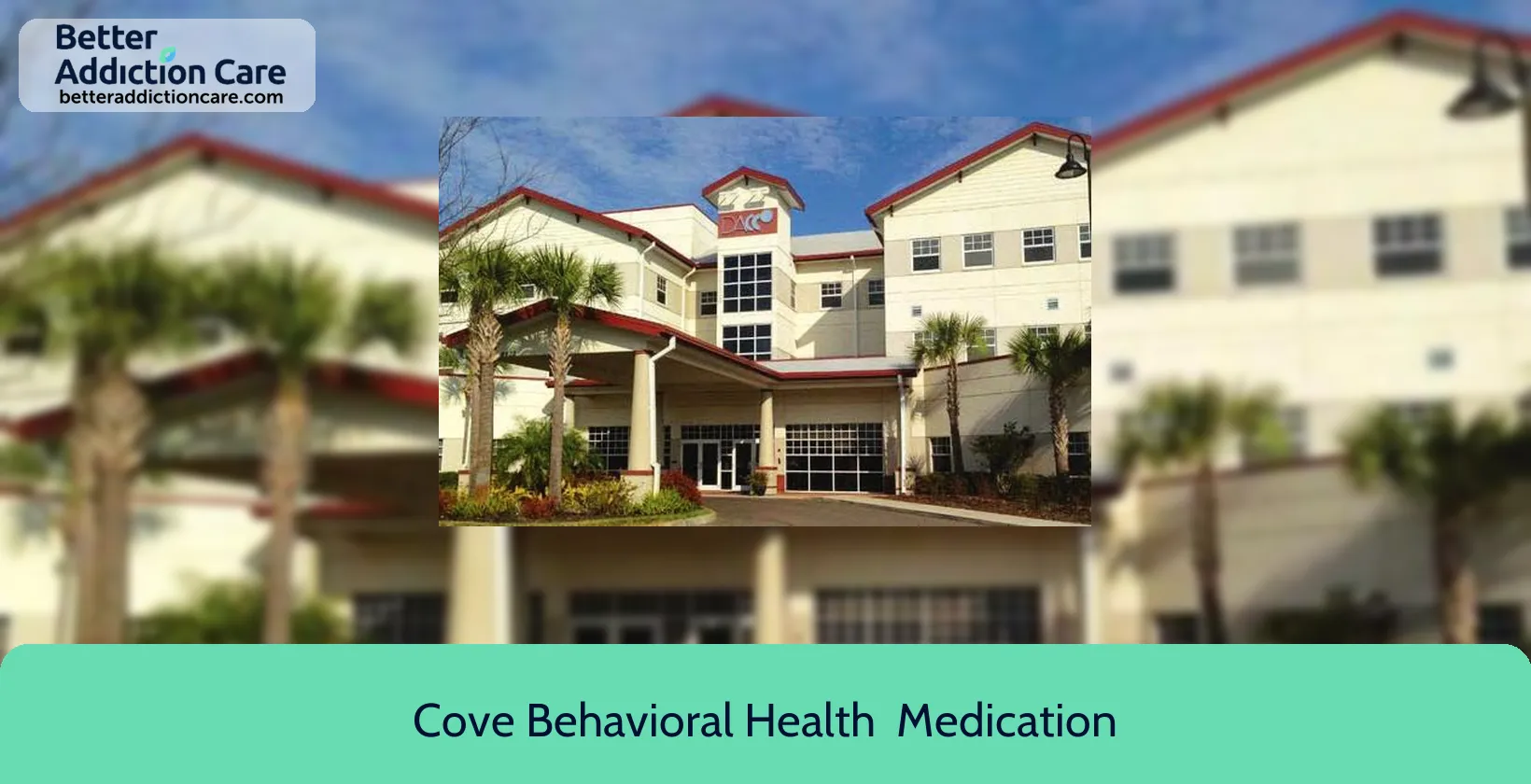
6.80

7.20
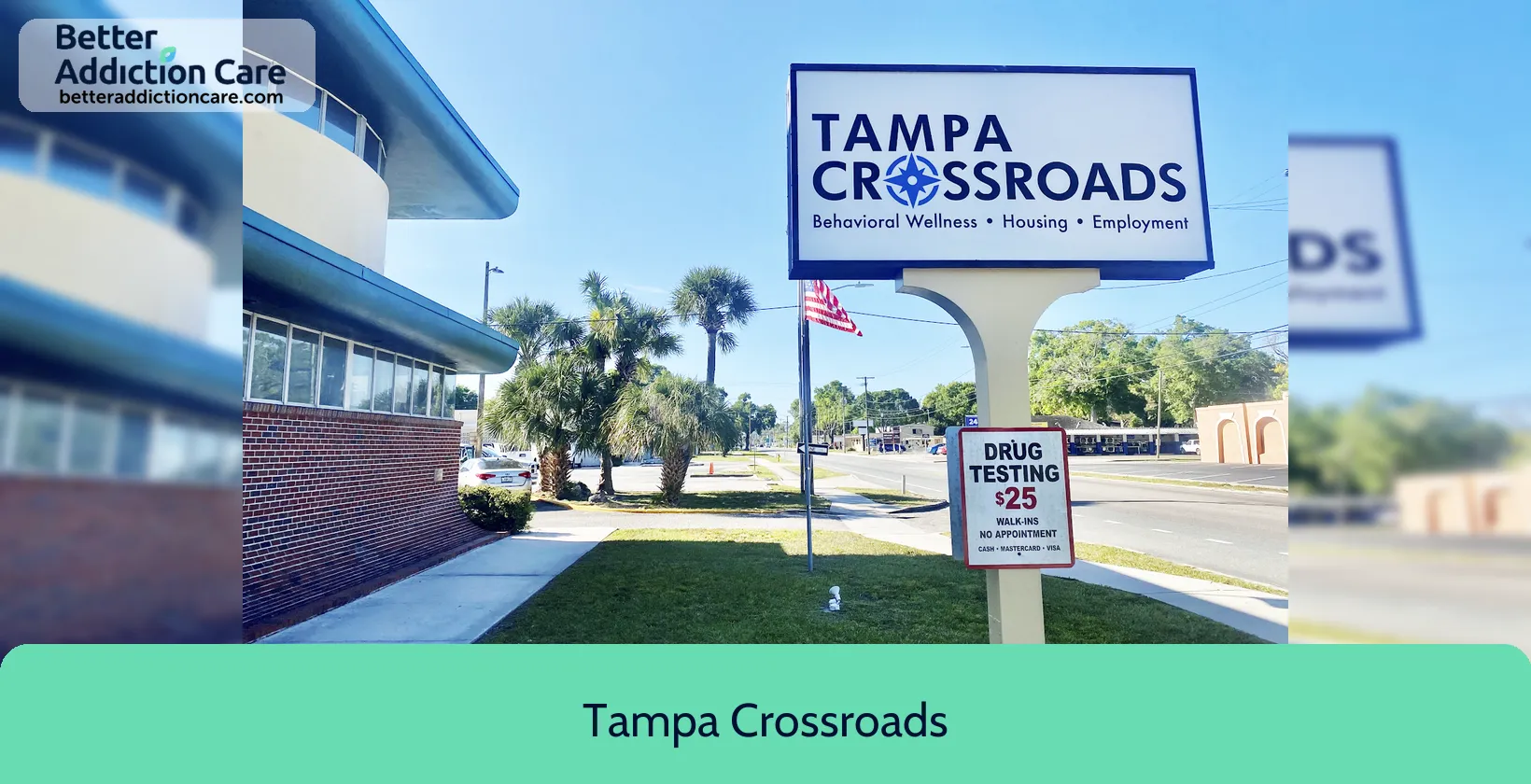
7.05
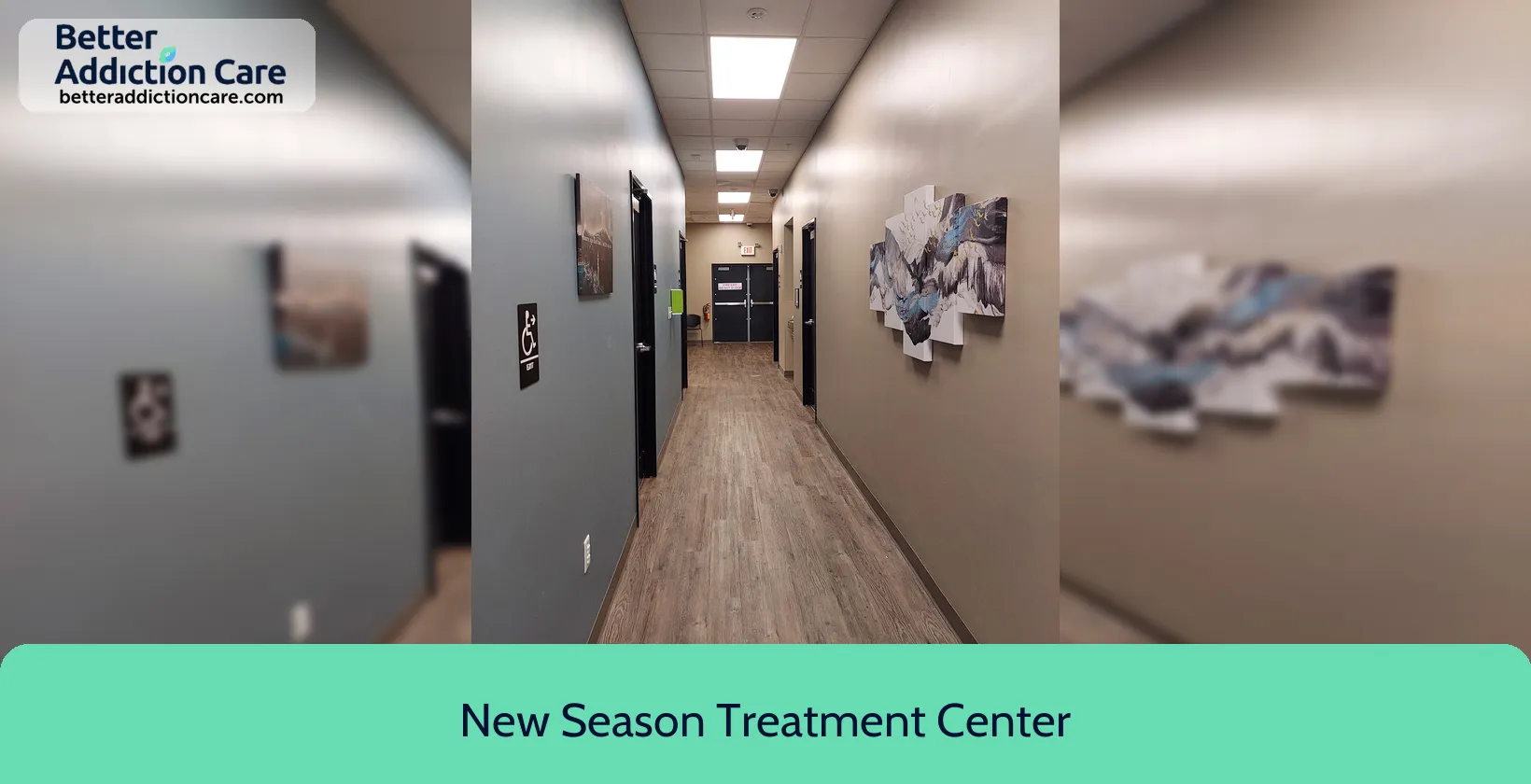
6.96
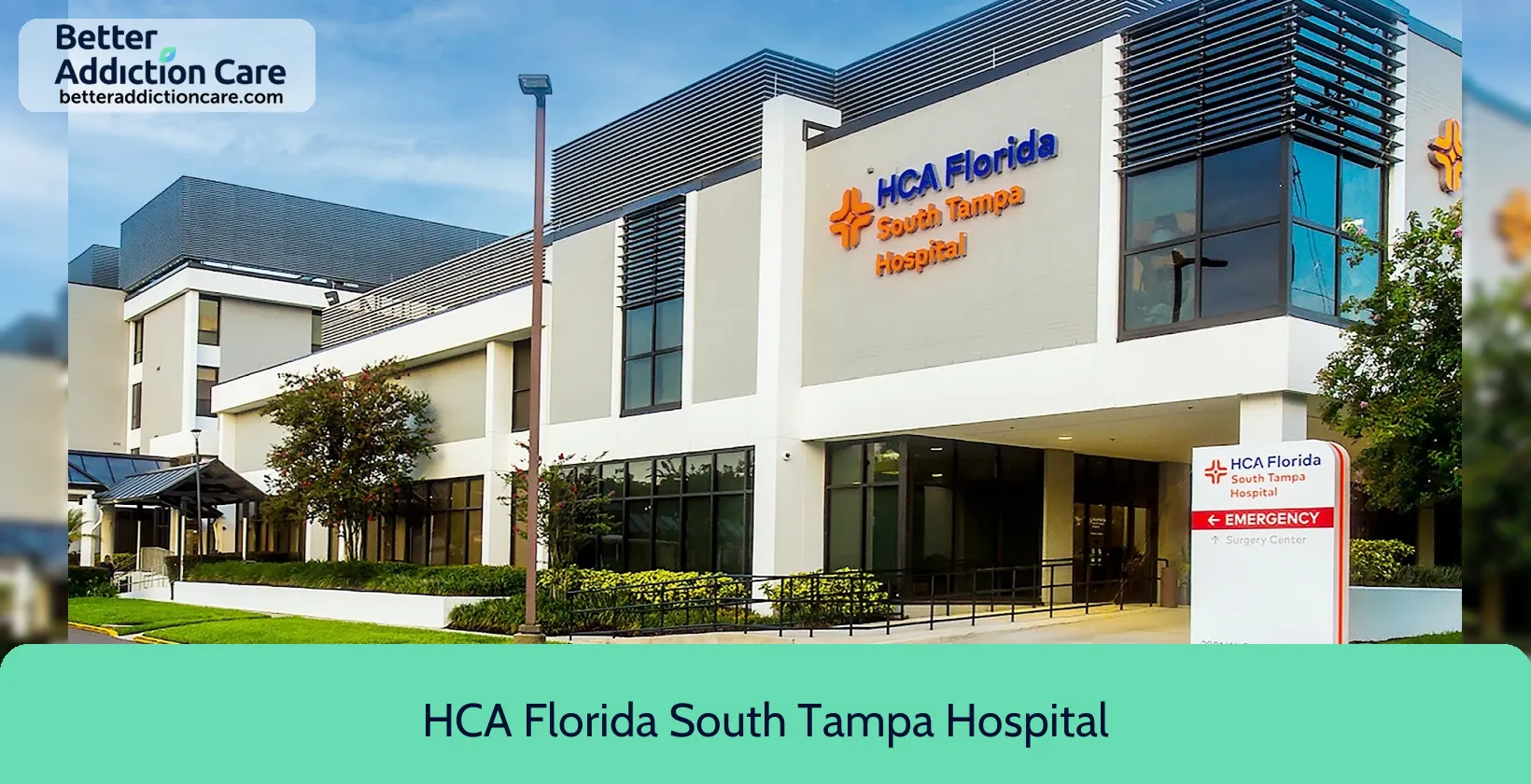
6.65
DISCLAIMER: The facility name, logo and brand are the property and registered trademarks of HCA Florida South Tampa Hospital - Behavioral Health, and are being used for identification and informational purposes only. Use of these names, logos and brands shall not imply endorsement. BetterAddictionCare.com is not affiliated with or sponsored by HCA Florida South Tampa Hospital - Behavioral Health.
